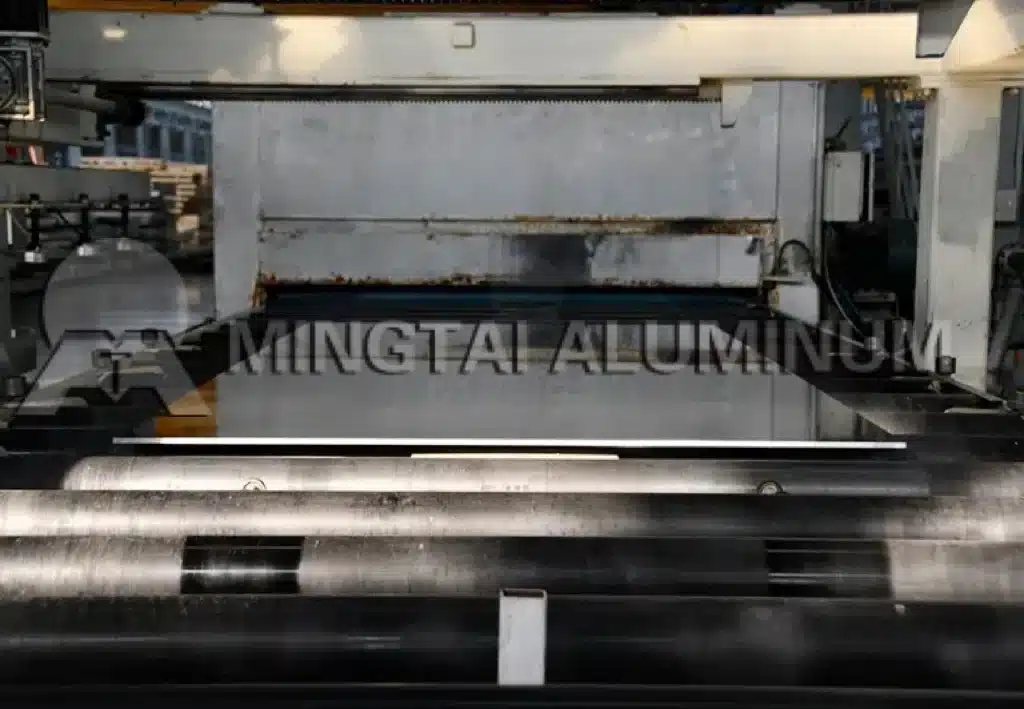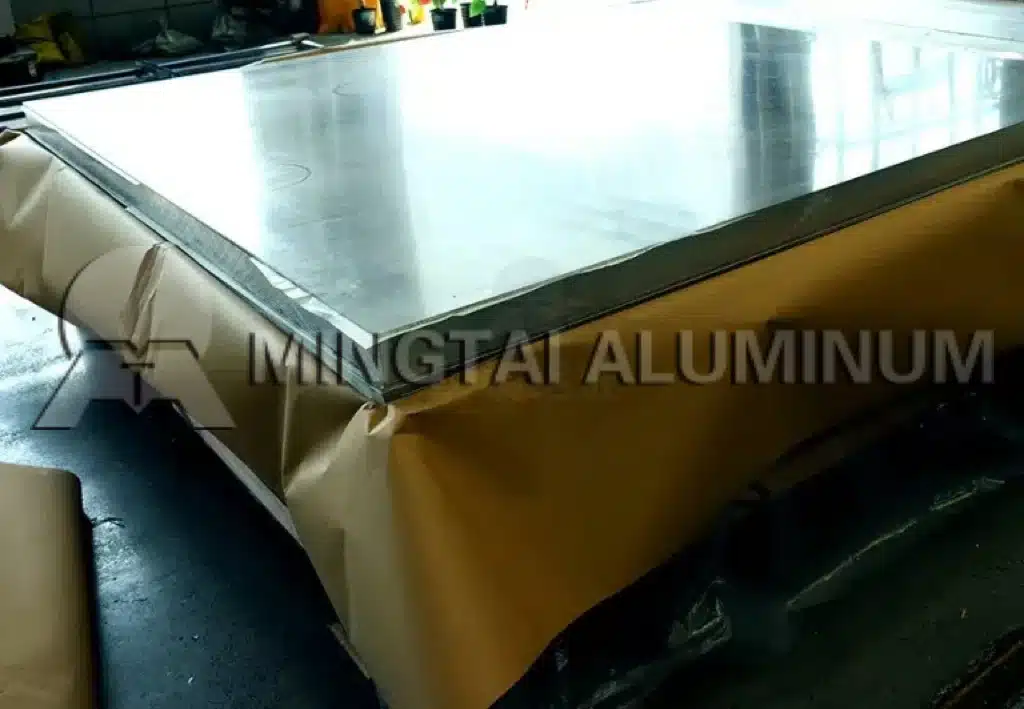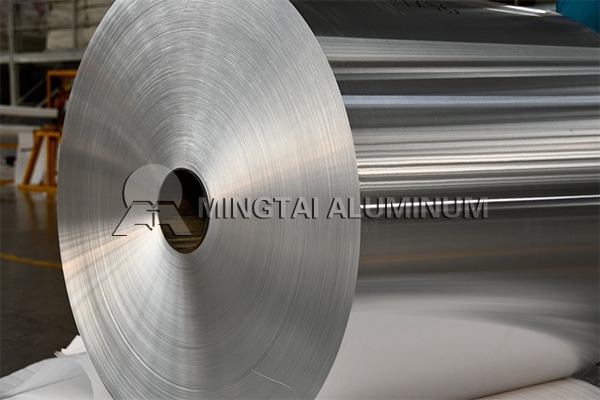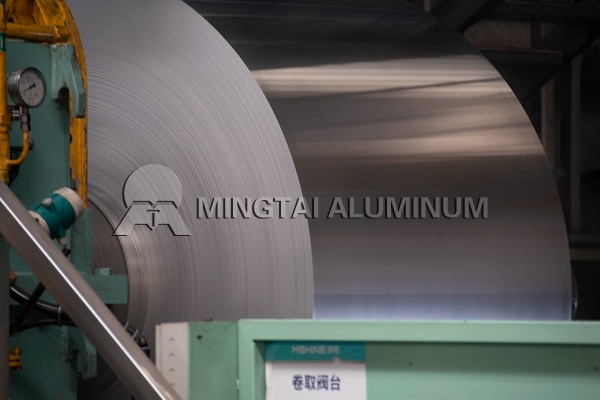
What Makes Aluminum Sheets Last Longer
How Material Makeup Boosts Durability
The stuff aluminum sheets are made of really matters for how long they last. Alloys are created by mixing pure aluminum with other elements. This makes them stronger. Take the 5251 aluminum sheet, for example. It comes in tempers like O, H12, H14, H16, and more. Its thickness ranges from 0.1mm to 500mm, and widths go up to 2650mm. These sheets are popular in rail transit and aerospace parts. They’re tough and reliable. Then there’s the 5059 sheet, built for heavy-duty jobs like LNG storage tanks or ships. This shows how alloys are tailored for specific tasks. Tempering also helps. It strengthens the material to handle all kinds of weather and conditions.
Why Surface Treatments Matter
Surface treatments can seriously extend the life of aluminum sheets. Anodizing, for instance, adds a protective layer. This fights off rust and wear. It’s a big deal in harsh settings. Moisture or chemicals can ruin untreated aluminum over time. Think of phone casings or air conditioner housings. They often get special treatments to stay good-looking and strong.
Picking the Right Alloy for Strength and Rust Resistance
Choosing the perfect alloy is super important. It affects strength and how well the sheet resists rust. The 5252 aluminum sheet is a great example. It’s used in products that need to be durable yet light. With thicknesses up to 500mm and lengths up to 16000mm, it’s super versatile. Alloys like 3003-H14 are also awesome. They weld easily and resist corrosion. That makes them great for fuel tanks or trailer siding. The alloy you pick decides how well the sheet holds up against the environment while staying strong.
How Aluminum Sheets Are Made
Hot Rolling vs. Cold Rolling: What’s the Difference?
Hot rolling heats aluminum until it’s super soft, then shapes it into sheets. This makes it flexible. But the surface might be a bit rough. Cold rolling, on the other hand, happens at room temperature. It gives a smoother finish and makes the sheet stronger. Companies, Companies like Mingtai Aluminum use fancy equipment, like six-high cold rolling mills from SMS Germany. These make super-wide sheets with less internal stress. Hot-rolled sheets are great for big, sturdy parts. Cold-rolled ones are perfect for precise work.
Extrusion: Shaping Sheets with Precision
Extrusion is another way to make aluminum sheets. You push heated aluminum through a mold to get the shape you want. It’s great for making complex or custom designs with consistent quality.
Stamping and Forming for Cool Designs
Stamping presses sheets into specific shapes with dies and high pressure. It’s common in car manufacturing for parts like fenders. It’s fast for mass production. Forming, like bending or deep drawing, lets you create curved or shaped parts without breaking the material.
Advanced Ways to Make Sheets Tougher
Heat Treatments for Better Strength
Heat treatments, like annealing, quenching, or aging, tweak the alloy’s structure. This makes it stronger. For example, the 5059 alloy has tempers like H116 and H321 for specific strength needs. These treatments help the material handle heavy loads and last longer without wearing out.
Welding for Solid Structures
Welding is key for building strong aluminum structures. Techniques like TIG welding make tough joints without warping the metal. The method depends on the alloy and what you’re building. For wide plates, manufacturers make sure welding keeps everything precise. They avoid stresses that could weaken the structure.
By getting these factors right—from the material to the fabrication tricks—industries can make aluminum sheets that perform better and last longer in all sorts of uses.
Protective Coatings and Finishes
Anodizing for Rust Protection and Style
Anodizing is a go-to treatment. It adds a tough layer to aluminum sheets. This protects against rust and wear. It’s perfect for harsh environments where moisture or chemicals are an issue. Plus, it looks cool. You can add colors, textures, or finishes. This is great for phone casings or building decor.
Take the 5252 aluminum sheet. It ranges from 0.1mm to 500mm thick and up to 2650mm wide. It’s used in phone casings and air conditioner housings because it resists rust and keeps its shine. Anodizing makes these products last longer and look great, no matter the conditions.
Powder Coating for Extra Protection
Powder coating is another solid option. You spray a dry powder onto the sheet, then heat it to form a hard layer. It resists scratches, bumps, and UV rays. This makes it great for outdoor stuff like signs or vehicle parts.
Powder coating lets you play with colors and textures while keeping the sheet strong. Alloys like 5059, used in LNG tanks or ships, are super tough. Adding powder coating makes them even better at handling extreme conditions.
Anti-Scratch Films for Surface Safety
Anti-scratch films are like a shield for aluminum sheets. They prevent dings during handling or use. These are a must in industries where looks matter, like cars or electronics. By stopping scratches, the films keep products looking fresh and working longer.
For example, 3003-H14 sheets are super formable with a smooth finish. They’re used in trailer siding or fuel tanks. Anti-scratch films make sure they stay shiny through production and beyond.
MINGTAI ALUMINUM: Top-Notch Fabrication

High Standards at MINGTAI ALUMINUM
MINGTAI ALUMINUM is a big name in aluminum sheet fabrication. We stick to super strict standards. Our factories use high-tech gear, like six-high cold rolling mills from SMS Germany. These churn out ultra-wide and thick plates—up to 2650mm wide and 500mm thick. They reduce stress during production. This keeps sheets stable and resistant to bending.
Our quality control is top-tier. Every product meets tough industry standards for strength and performance. With factories in Zhengzhou, Gongyi, Xingyang, and beyond, plus offices in South Korea and Chinese cities, MINGTAI ALUMINUM is one of China’s best private manufacturers.
Fast, High-Quality Production
MINGTAI ALUMINUM is all about efficiency. We make a huge range of 1-8 series alloys for different industries. We handle big orders fast—delivering in 7 to 35 days. We also customize products to fit exactly what clients need.
For example, our 5251 aluminum sheet is a star in rail transit and aerospace parts. It’s light but super strong. We also make special alloys, like brazing 4343 sheets for heat exchangers. This shows our skill in making high-quality products that meet tough standards.
By mixing cutting-edge tech with careful work, MINGTAI ALUMINUM sets the bar high in aluminum sheet fabrication. Our focus on new ideas means clients get reliable, long-lasting materials tailored to their needs.
FAQ
Q: How does welding affect the durability of aluminum sheets?
A: Welding’s key for building strong structures. Techniques like TIG welding create tight, solid joints without warping the metal. Good welding keeps everything precise, avoiding weak spots or stress that could make the sheet fail. For big plates, this means a rock-solid build that holds up over time.
Q: Why are surface treatments like anodizing so important for durability?
A: Anodizing slaps a tough layer on the sheet to block rust and scratches. It’s a lifesaver in harsh spots with water or chemicals. For example, 5252 aluminum sheets used in phone cases or air conditioner covers stay rust-free and shiny thanks to anodizing. This makes them last way longer.




